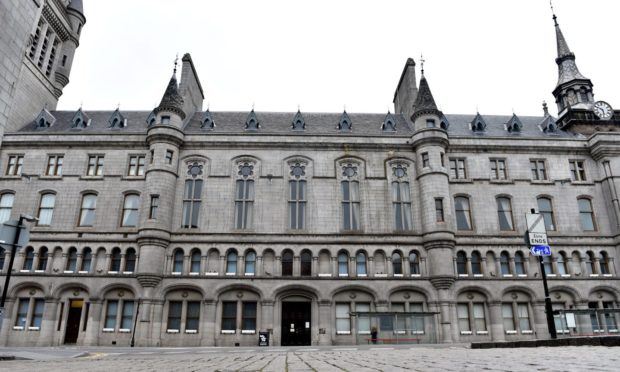Aberdeen solicitors have spoken of the importance of sentence discounting, after a review revealed a lack of public support for the practice.
Sentence discounting is the practice of reducing a sentence when a person pleads guilty at an early stage in proceedings, avoiding the need for a trial.
In Scotland, the court is required by law to consider applying a reduction in these circumstances.
And now a literature review has been published looking at how the practice works both here and around the world.
The review, by Dr Jay Gormley, Dr Rachel McPherson and Professor Cyrus Tata of the Centre for Law, Crime & Justice, The Law School, University of Strathclyde, identified a “lack of public support” for discounting and suggested better information could improve public understanding.
Aberdeen defence agent Mike Monro, a partner at Mackie and Dewar, said he could understand public criticisms of discounting, but explained its benefits.
He said: “Obviously it’s a necessary part of sentencing, but whether from a moral point of view it is correct that you get an Asda Price sentence because you’ve pled early, I can understand why people take exception to that.
“However it is an important part of the sentencing process.
“The whole thinking behind it is to rid the court of unnecessary trials, in other words, someone holding off until the last minute.
“If an accused person accepts they’re guilty, the sooner they do it the better.
“We’re obliged to tell clients, by law, of the existence of discounted sentences. There’s 33% for pleading at the first opportunity, 25% for pleading at any pre-trial hearing which does not require witnesses to attend, down to 10% and maybe 1% on the day of the trial.
“If it avoids a trial taking place unnecessarily that’s the important thing.”
Solicitor Alex Burn, of Burn and McGregor, said the public would be “up in arms” without discounting as accused persons could drag proceedings out and plead at the very last minute.
He said: “Generally the public don’t fully appreciate the reasons behind discounting.
“It saves witnesses turning up at court unnecessarily because the person who is guilty knows if he pleads early there’s an inducement there for them to do so.
“The clear inducement is that they will get less time in jail or less of a financial penalty or a community payback order.
“It saves unnecessary trials, it saves a lot of court time and judicial time, it just generally oils the system and makes it go smoother.
“The public would be up in arms if there was no inducement for the accused to plead early because they might as well run it until the last minute and then plead at the last minute.
“It saves members of the public having to turn up as witnesses unnecessarily.
“I think that most of the public take the view that people should get longer in the jail and bigger fines. That’s just the public perception until they find themselves in that difficult position themselves.”
Scottish Conservative justice spokesman and north-east MSP Liam Kerr said: “Some of the most vile criminals have had time taken off their sentence leading to disgraceful outcomes and causing massive upset to the victims and families.
“Our justice system should protect the public while serving to punish, deter and rehabilitate criminals.
“But additionally, it must also provide some kind of resolution for victims and their review must take this into consideration.”
